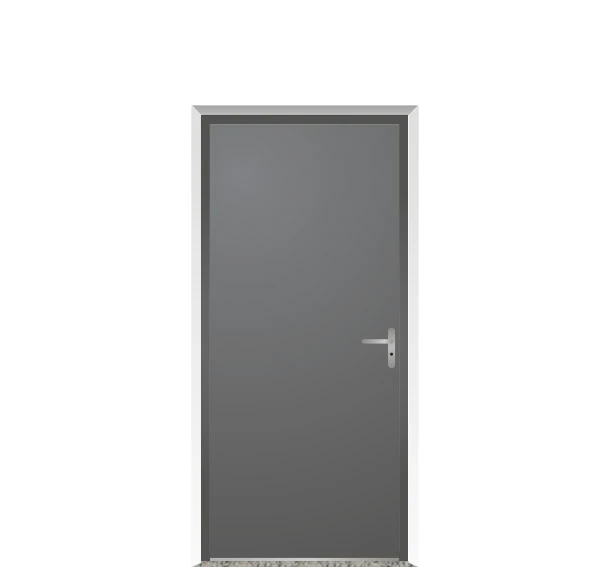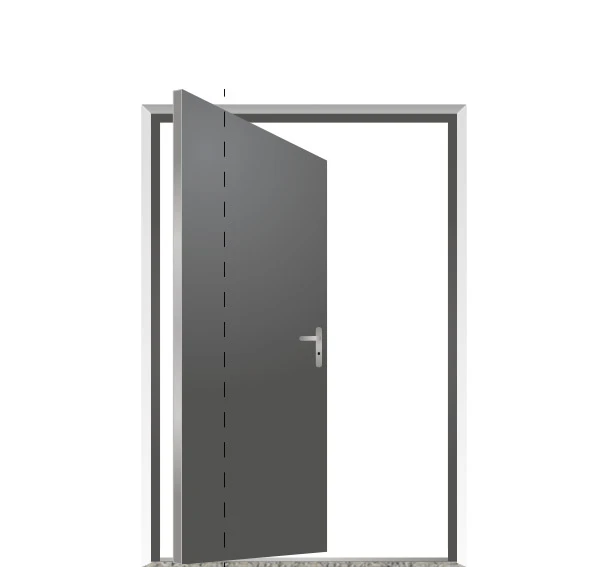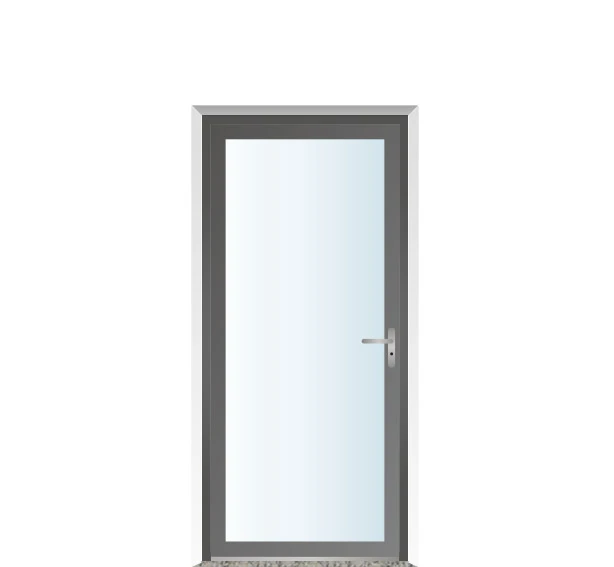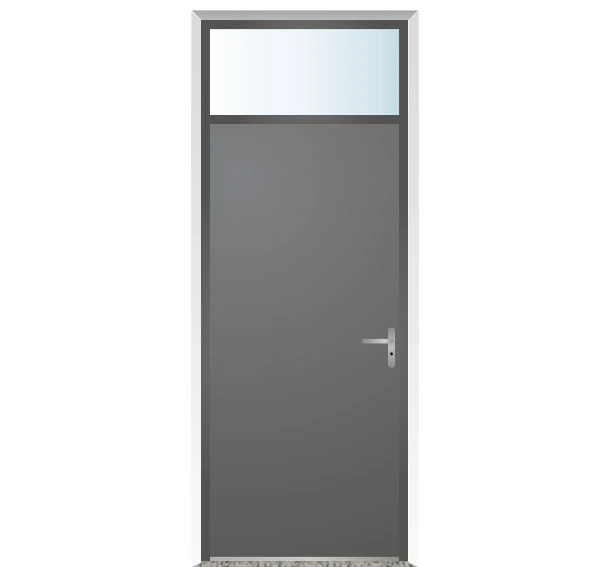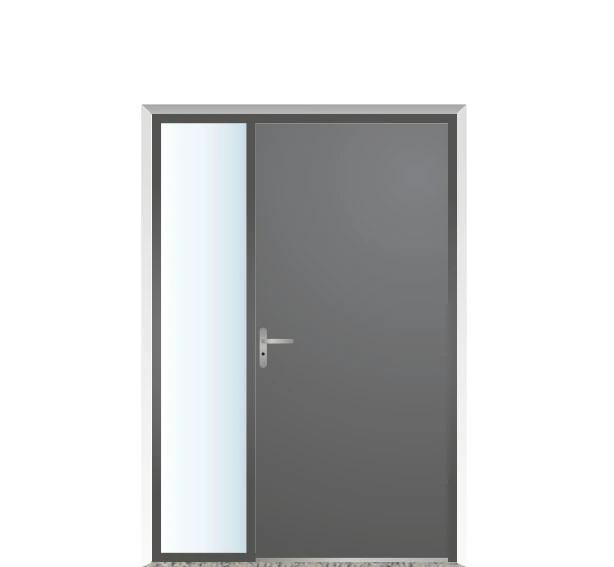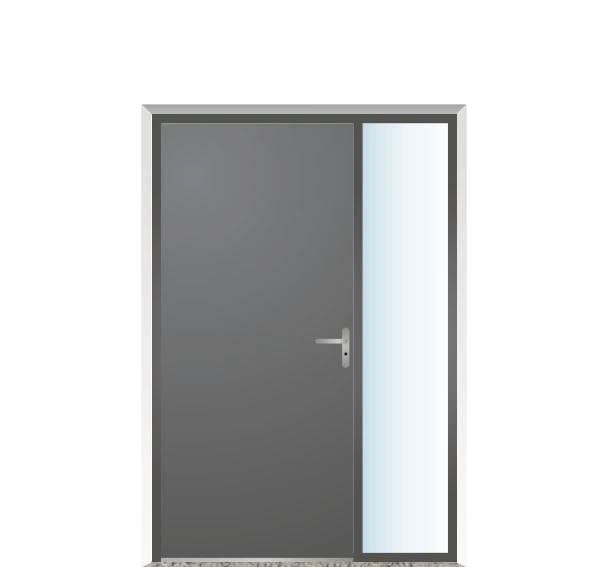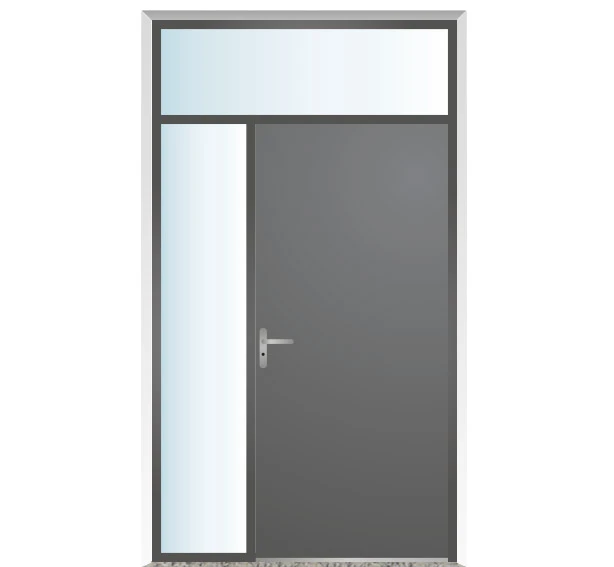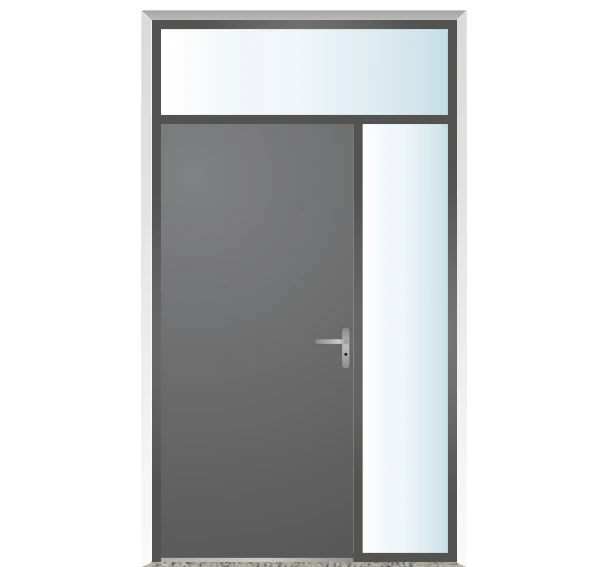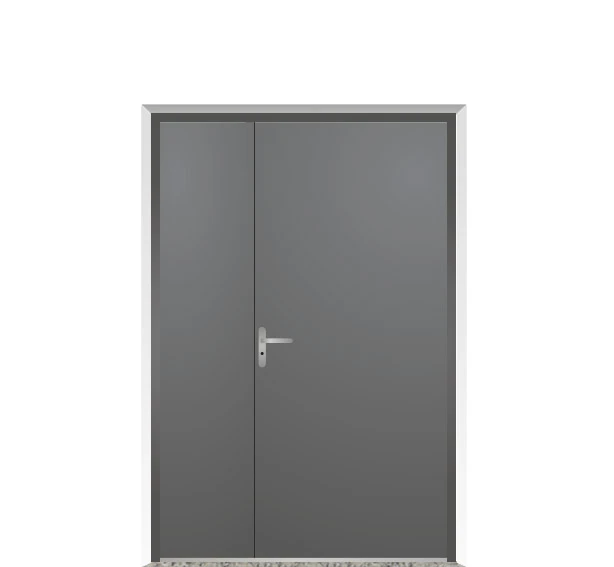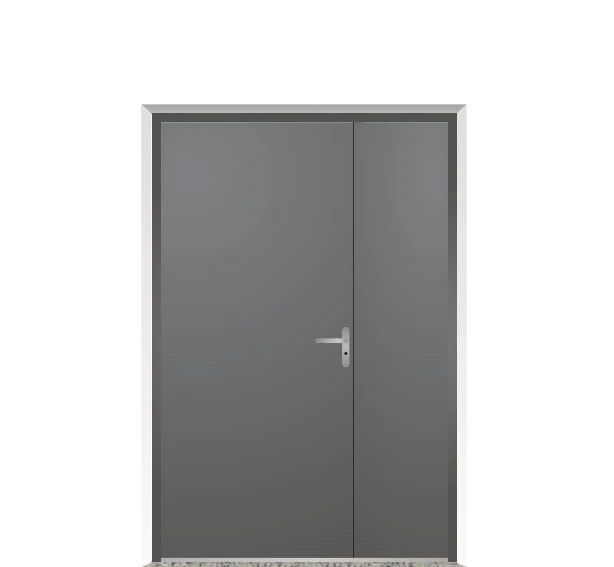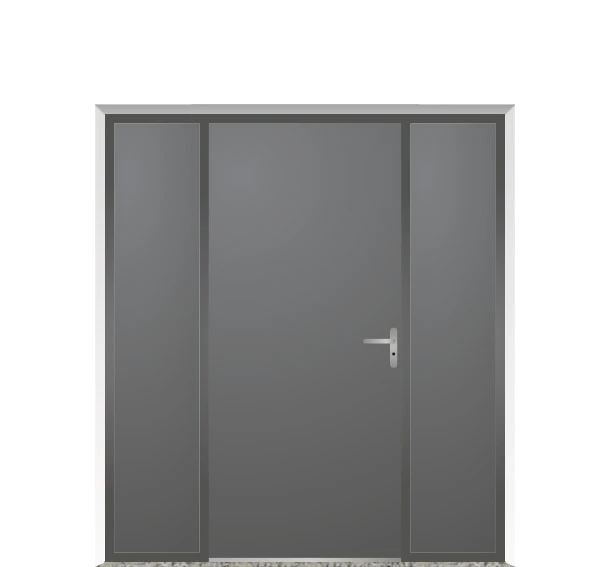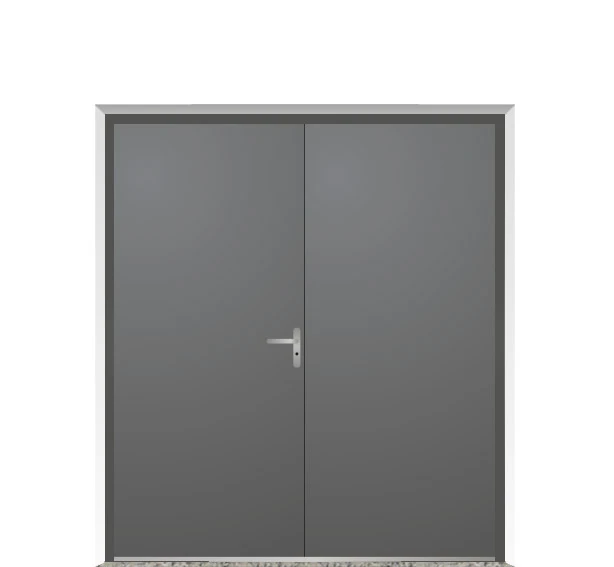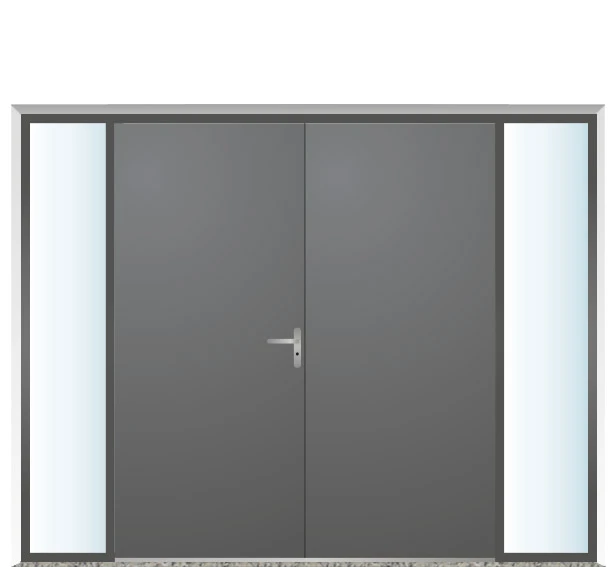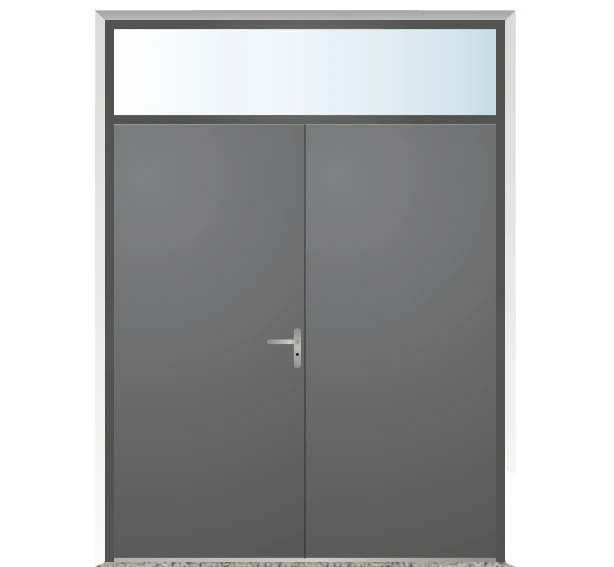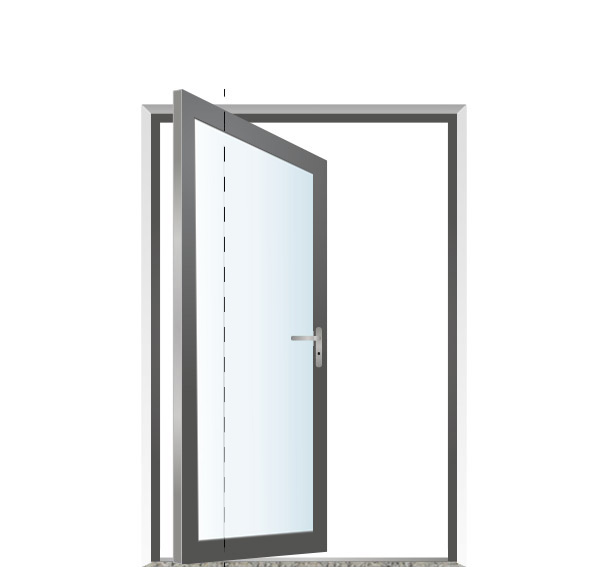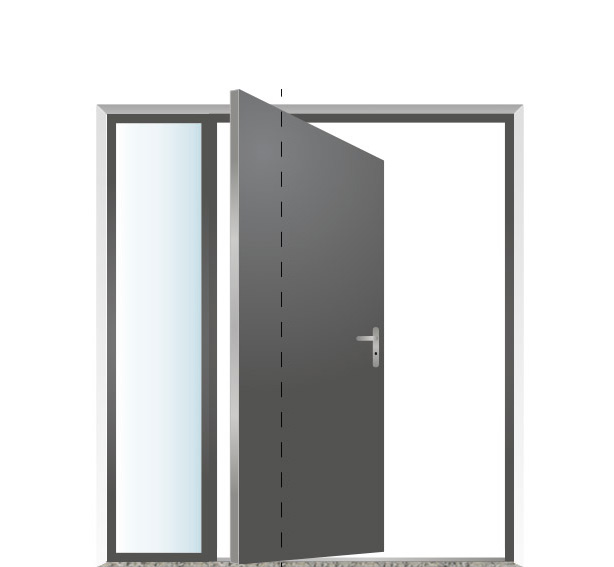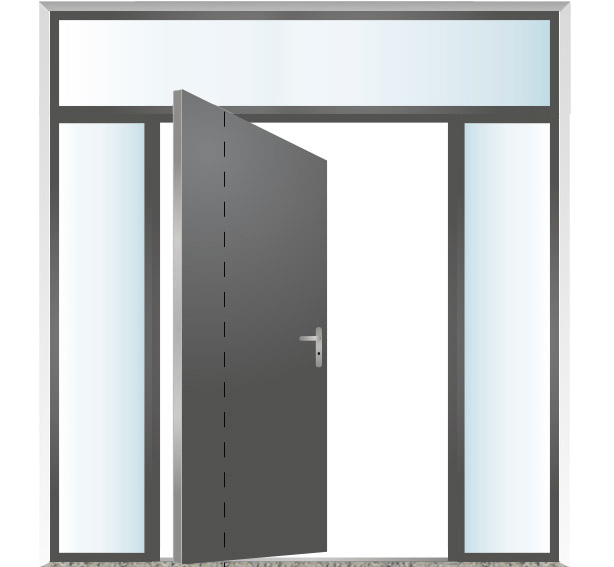How to Clean Frosted Glass Doors?

When we talk about regular glass cleaning, there's usually not much to say. But if it comes to cleaning frosted glass doors things start to get a little complicated. This type of glass requires special attention and particular care. So take note, of these tips for the maintenance of frosted glass doors.
Frosted glass doors?
Frosted glass is manufactured from clear glass by polishing its surface with emery in most cases. This means that the glass does not allow a clear view of what is on the other side, but it does allow light to be dispersed.
Its applications are as varied as the creativity of the user. For example, it is widely used to give privacy to spaces that require it, but also need light. The doors of some showers use this glass, as well as certain windows. But the use in doors is what brings this material here.
Frosted glass in doors is really useful. While it gives an elegant touch to any home or building, it lets you know if there is someone outside by its silhouette. In addition, people on the outside will not be able to see inside, safeguarding privacy.
And of course, the entrance area to a building must be well lit, and what better than frosted glass to let in the light?
The Best Ways to Clean Frosted Glass Doors
The vast majority will agree that frosted glass brings numerous advantages ranging from the practical, to the aesthetic. But if you have any of this glass in your home, you will have already noticed that cleaning it can be a real headache.
Because its surface has a certain porosity, it's normal for it to accumulate more dirt than smooth glass. And getting that dirt out of there, especially when it's grease, requires technique. Now we'll take a look at the best methods for cleaning frosted glass doors.
1. Regular cleaner
You can use a regular window cleaner, as long as:
• It is an alkaline or ammonia-based cleaner.
• It is not an abrasive cleaner, as it may leave streaks.
• It is not citrus-based, which does not work as well at removing dirt.
Use a spray bottle to spread a layer of cleaner all over the glass. Then use a paper towel to rub in a circular motion. Be sure not to leave any space without rubbing and put special emphasis on the dirtiest areas.
If you use a towel instead of paper, it is likely that fibers will remain stuck to the glass, which is totally counterproductive. However, when the glass is clean, you can use a (dry) towel to remove the excess cleaner. Try not to apply pressure to avoid adhered fibers.
If for some reason a scratch appears after cleaning, do not worry at all. Take a paper towel and rub the area until the streak disappears.
2. Hot water
When it comes to grease, it's a severe nuisance. But don't fret, all you have to do is use hot water to loosen it. Since we don't want to get the entire door wet, dampen a microfiber cloth in hot water with soap or window cleaner.
With the damp cloth, rub the areas where there is grease and you will see that you won't even have to apply pressure. The accumulated dirt will come off so easily that it hardly requires any effort. Of course, afterwards you will have to use another microfiber cloth to remove the remains of the cleaner and soap.
3. Vinegar
It is normal to be surprised, but vinegar is widely used for cleaning. Due to its composition, it is perfect for removing dirt of all kinds, including grease. It even has another advantage: it generates a shine that almost no other product can achieve.
To use it, dissolve half a liter of vinegar for every ten liters of (hot) water. You can use a sprayer to spread the mixture evenly all over the glass, but it is not strictly necessary. If you don't want to wet the non-glass areas of the door, you'll probably prefer to just use a microfiber towel.
Dampen it and rub it all over the glass until the dirt comes off. Then wipe with a damp cloth to remove the vinegar residue and eliminate its odor.
